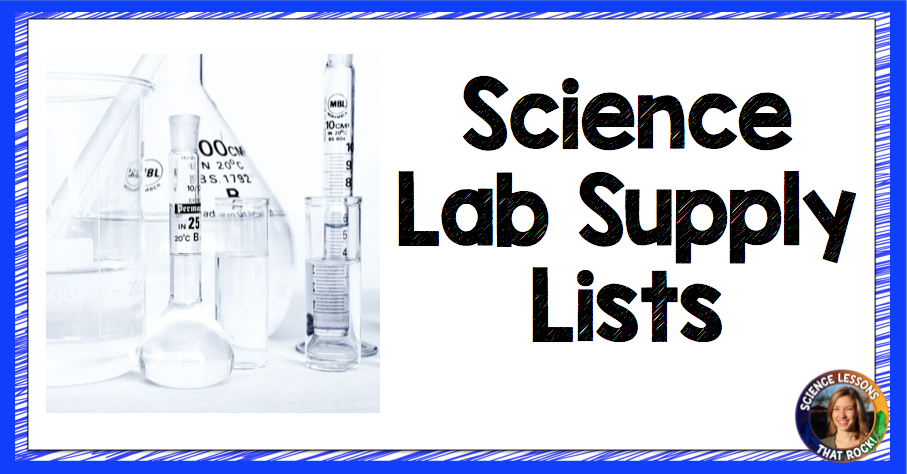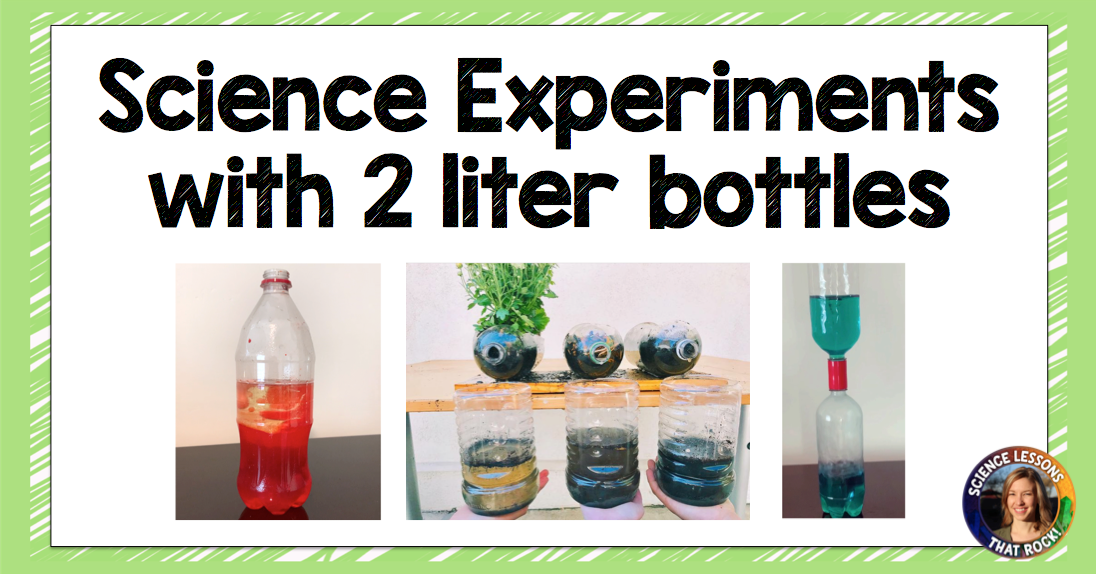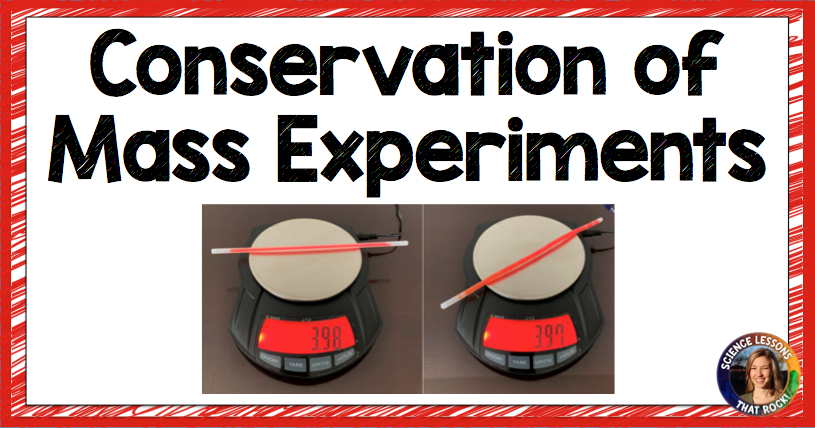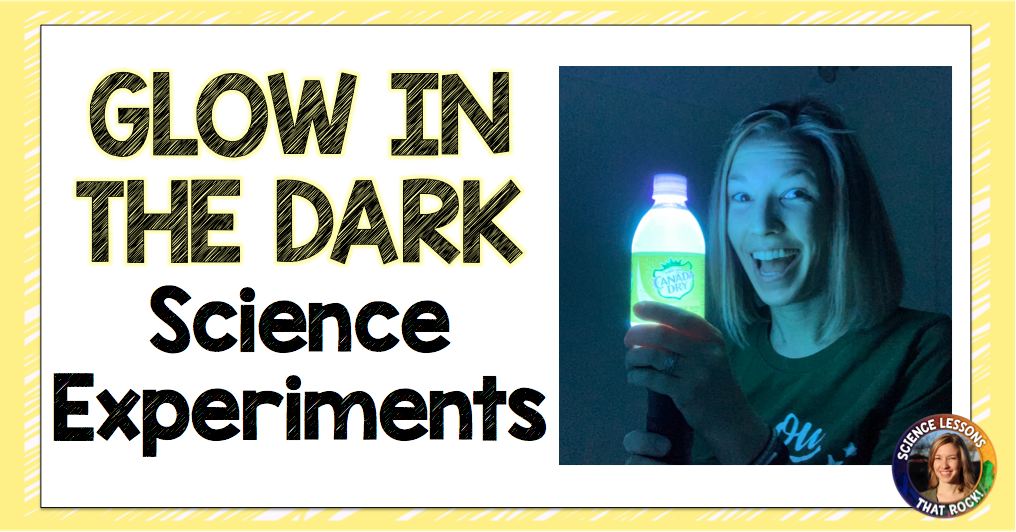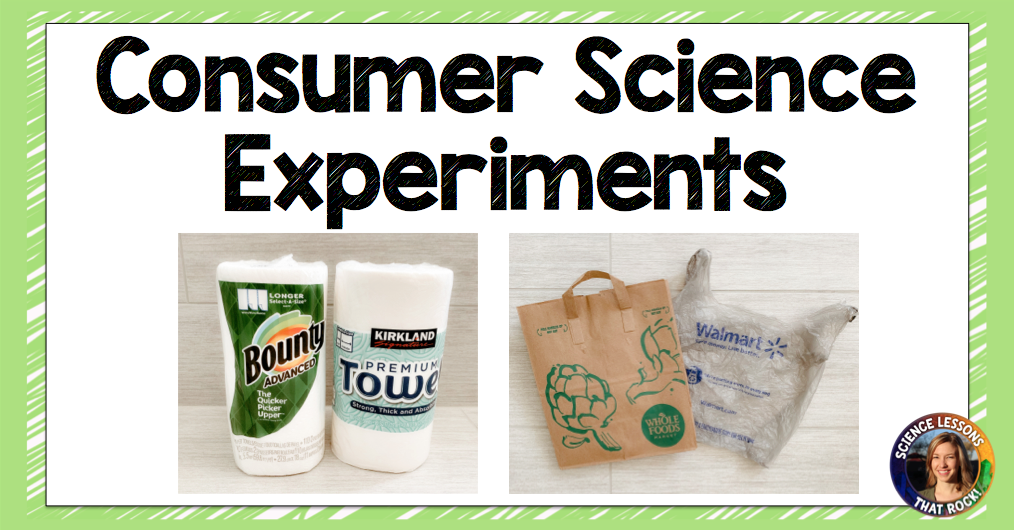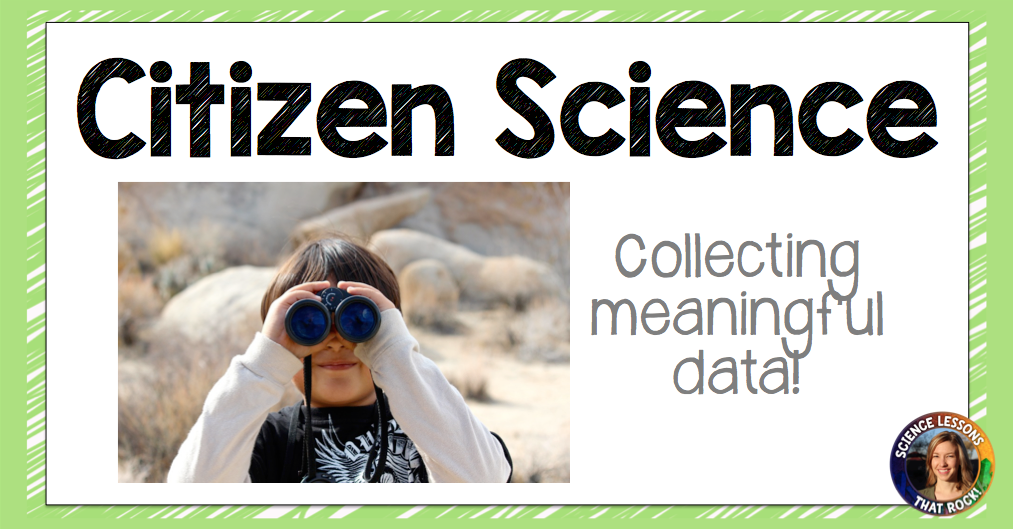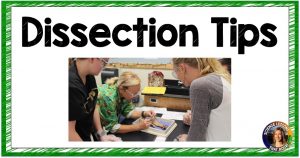
Dissection Day Shouldn’t Be Stressful!
Dissection days can feel really stressful (especially when you are a newer teacher), but they don’t have to be! If you have prepared your students well, the day will run smoothly. Students should walk into the lab knowing exactly what your expectations are for lab behavior, what they will be



